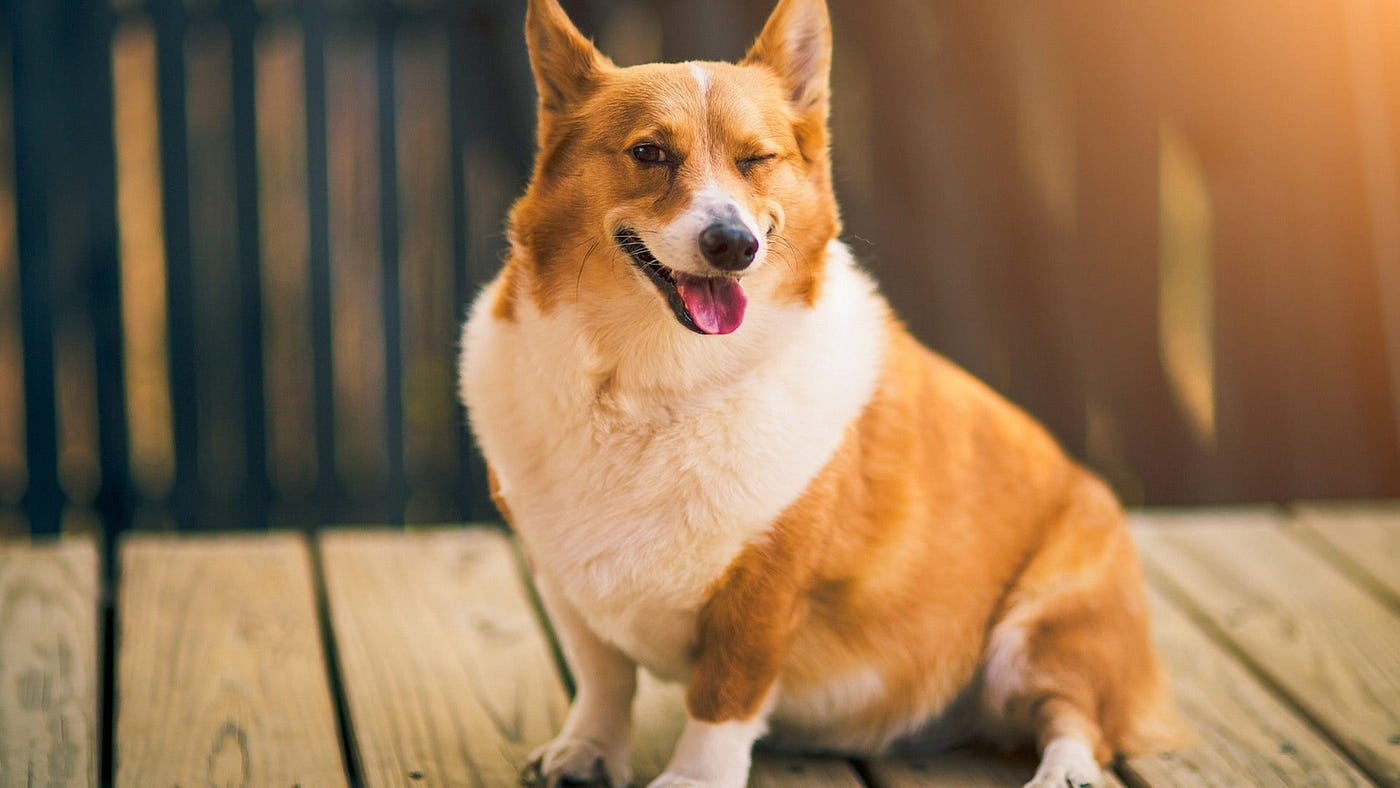
However, with the proper training, some patience, and tips from the experts in this story, you too can hit the roads with your pup. That’s all to say that just as running as individualized for humans, it can be that way with your dog. Maybe it’s only for a mile or so, with the occasional stop at a tree or stop sign, but going out with him on a nice day brings just as many runner's high vibes as that perfect long run by myself. Despite his longer body, short legs, and the general idea that those two breeds of dogs may not be ideal running companions, Carson can go. That was the case when we found Carson, our 10-pound chiweenie (a cross between a Chihuahua and dachshund) from a local rescue organization.

It became easy to see that if you want to go long, run in the snow, or hit technical trails, some breeds definitely rose to the top.īut sometimes you’ll surprise yourself by finding a running dog who loves the sport just as much as you. By contrast, squishy-nosed dogs, such as pugs ( with some exceptions!) and bulldogs, don’t always make good distance athletes because they’re prone to overheating. They could make great LGDs and even a farm companion if an effort is put into their training. Some breeds, such as huskies and greyhounds, were bred to run, and most working dogs are naturally suited to running. However, this dog doesn’t need regular exercise which is an added bonus. This is a question I had been asking myself after my wife and I bought our first home and finally had space to bring a dog into our lives. So what can you do to find the best canine running companion for you? The Australian shepherd or Aussie is a farmer’s right hand in the pasture. Some do better in warm weather, others in cold weather. As one of the most active dog breeds, it’s no surprise that the border collie hails from farming roots. A guard dog can ward off predators and keep your livestock safe.If you love to run and you love dogs, you probably asked yourself: what pooch makes the best running partner? Most dogs love to run-some more than others, and not all for long distances. Chickens, goats, and other popular hobby farm animals attract plenty of hunters or scavengers looking for free meals. If you want to keep livestock on your farm, you have to prepare for predators. Some of the most productive egg-laying chicken breeds can lay up to 300 eggs a year! In addition to being excellent sources of your favorite breakfast ingredient, chickens act as free pest control for your garden if they have free range.

These birds are some of the best animals to have on your hobby farm for many reasons, but the most popular is, of course, the farm-fresh eggs. This sheep needs to be shorn, and the wool is medium length. A final question and one that many people overlook in their excitement to add a new member to the farm is whether they can actually afford a livestock guardian animal. In the Herding section, there is a sidebar, titled Herding dogs. Like the Barbados, the Florida Cracker also displays good mothering instincts. I only have one tiny quibble, which was not minor, because it is important, but is very small. ChickensĪ flock of clucking hens can add a lot of character to your backyard. The Florida Cracker is of Spanish origin, likely brought to North America in the 1500s, and now is a great choice of sheep for organic farming due to not needing to rely on chemical worm treatments. Some people even rent their goats to others to help clear out heavy vegetation on their property. Goats require durable fencing, but they adapt well to nearly any pasture you put them in.

These hardy creatures are great sources of milk and cheese-both of which are gaining popularity as healthier alternatives to cattle dairy products. When you think of a farm, you might think of a herd of cattle, but many hobby farmers turn to goats instead. From the most profitable creatures to the most entertaining ones, here are just some of the best animals to have on your hobby farm.

Your choices are nearly endless, and there are plenty of perks to each type of livestock you can own. This means you’re free to experiment with the kinds of animals you want to raise. One of the best parts of owning a hobby farm is that you don’t have to rely on it as your sole source of income. Hobby farms are great ways to produce your own food, make a little extra cash, and spend more time outdoors with some of nature’s greatest creatures.


 0 kommentar(er)
0 kommentar(er)
